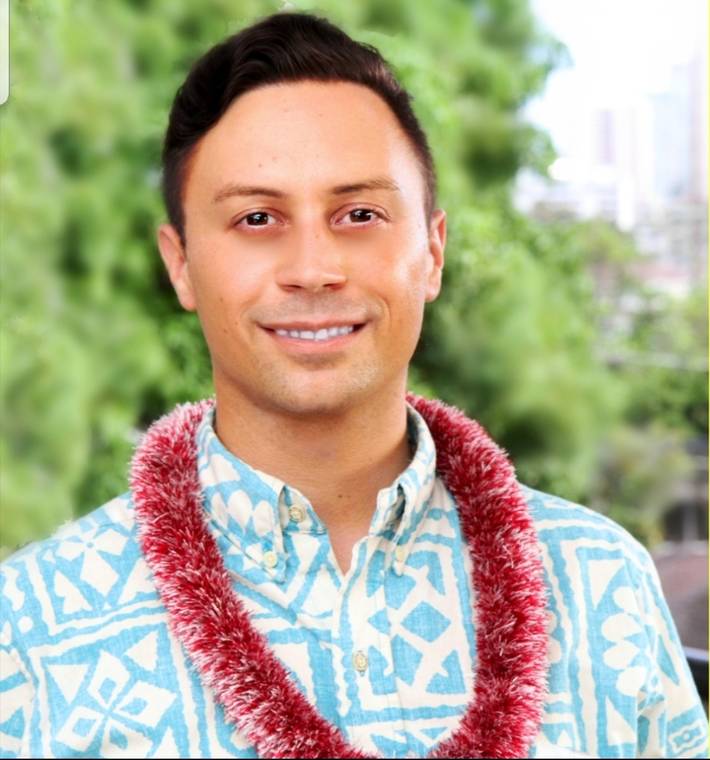Column: Know that we might hurt one another

Dylan P. Armstrong is an emergency management planner and Manoa Neighborhood Board member; the opinions here are his own.
From March through May, I served as the state of Hawaii’s COVID-19 operations deputy chief. During that time, I was fortunate to observe and learn from the most experienced leaders and emergency managers across our state and counties. And within that time, COVID-19 was beaten into submission. Hawaii state government moved millions of dollars in personal protective equipment (PPE), coordinated with its federal and local counterparts, and instituted radical changes to our way of life, interventions that succeeded.
But there is another side to the work of government, and that is the buy-in afforded to government by the people. In a free society, government cannot save every individual when the public is bent on recklessness. Such people put their lives, and their dependents’ lives, at risk. And that is the reason why Johns Hopkins University reported that Hawaii had 1,483 active cases on Aug. 6. The number of new cases for Aug. 1 was 86, which was 19% more than it was a week prior at 71 new cases for July 25. In turn, those 71 new cases were a 355% increase over July 18, one week prior.
And yet this is predictable. As a young man, it shames me to see my fellow millennials and the Gen Z generation following me, filling bars and gyms, and other places that are deemed high risk by our authorities. To be sure, all generations shoulder blame. But the Texas Medical Association ranks both bars and gyms in its highest-risk category for COVID-19 potential spread. And it seems to be largely we younger folks there. Additionally, Maui’s coronavirus cluster is linked to beach gatherings. Yes, the virus can and does spread in warm, wet environments.
As for all generations shouldering the blame, we certainly see that with noncompliance on the most simple thing that we can do, which is wearing masks, hand washing and physical distancing. The 1918 flu epidemic had the same political battles over masks that we see today. The masks even look the same in the photographs. And that disregard, from too many back in 1918, resulted in civil and criminal liabilities to force compliance. The lack of compliance facilitated the spread that made that pandemic what we remember today.
We must stop blaming outsiders for the disease and look to our own habits. The state Department of Health says COVID-19 is endemic here on Oahu — it’s not going away. Late last month, the “recovered” bartender Coby Torda lamented that “I just wish that (people disregarding public health directives) weren’t selfish.” Two months after being released from the hospital, he can’t breathe normally, but he knows like me that plenty of our friends think that they are “invincible.” I see people walking into the street to avoid another pedestrian, yet congregating for minutes or hours on end, with no masks. Think this through.
I’m not afraid of dying — I’ve come close many times before. What I fear is the loss of privilege from being able to work and live independently if I develop long-term effects from COVID-19, though many disabled people have long dealt with the struggles we hear about from COVID-19 victims, every day. Mostly, I fear my potential to hurt those I care for by unintentionally spreading COVID-19. I wish more of us acknowledged that danger with some humility.
Don't miss out on what's happening!
Stay in touch with breaking news, as it happens, conveniently in your email inbox. It's FREE!
Dylan P. Armstrong is an emergency management planner and Manoa Neighborhood Board member; the opinions here are his own.



